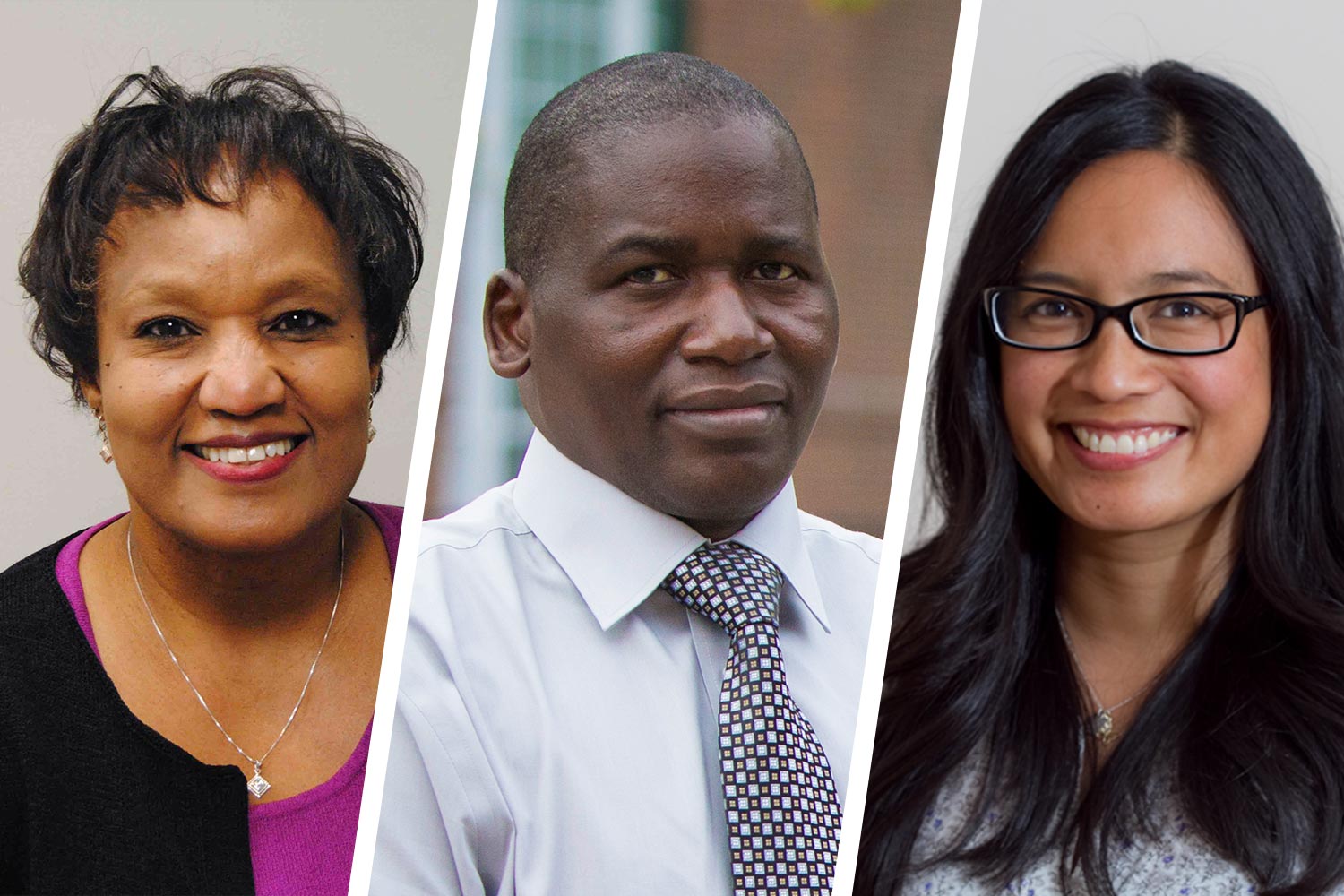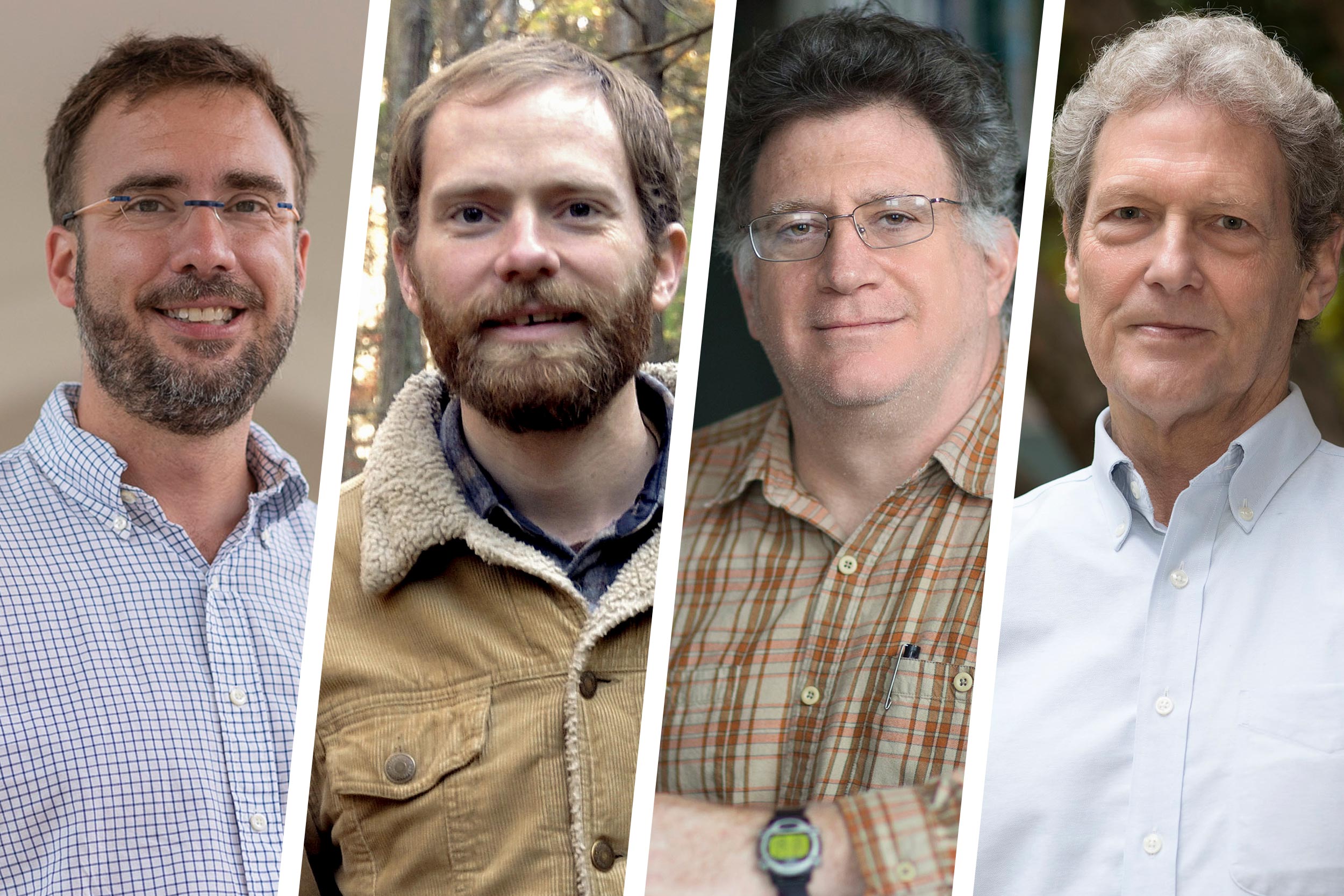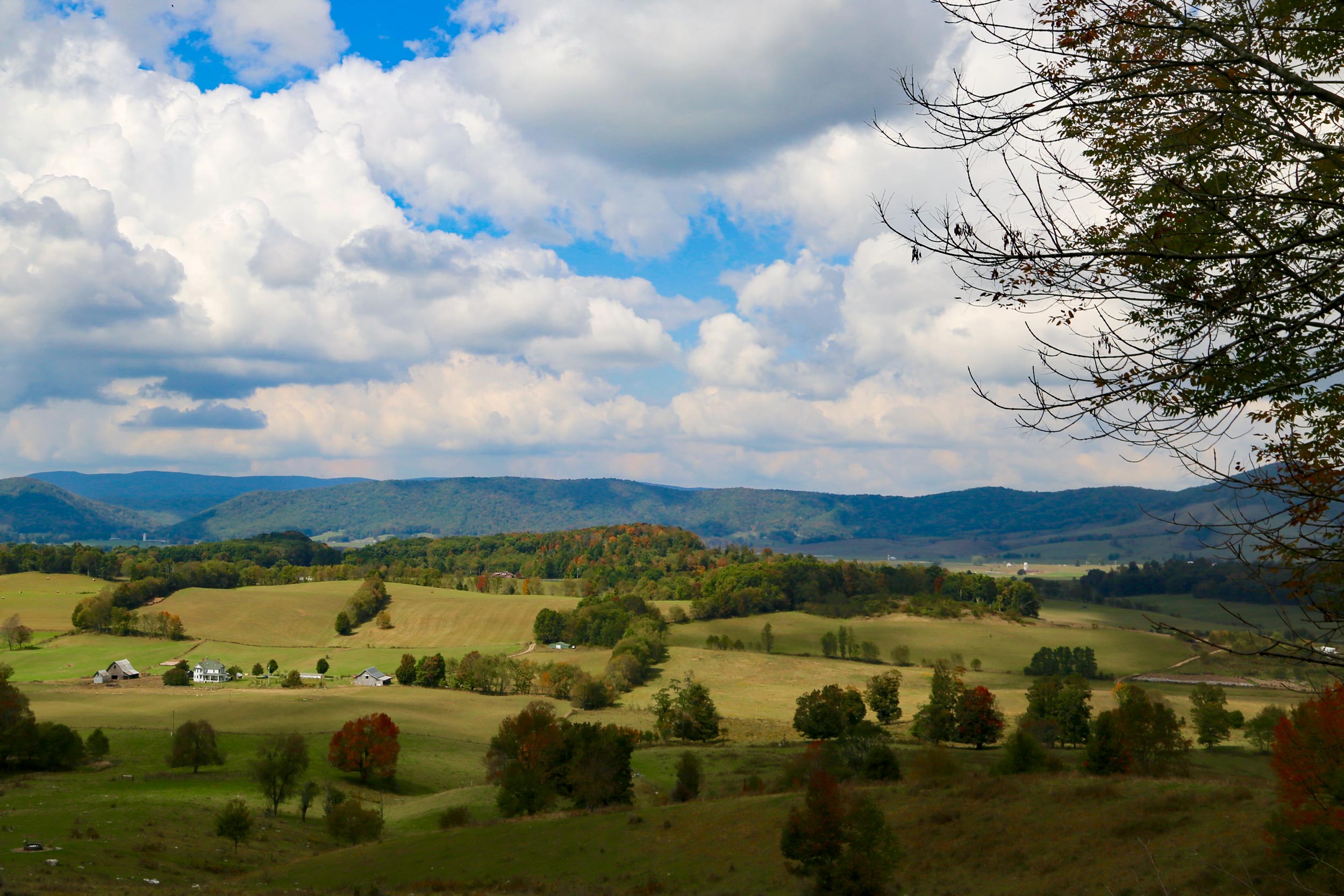Faculty at the University of Virginia and UVA’s College at Wise are helping one another make a difference in the lives of Southwest Virginians. In a time of increasing consideration for the future of rural communities, academic partnerships become an important tool for building economic development across the commonwealth.
UVA faculty members need only to look within the UVA family, to UVA’s College at Wise, to find partners in addressing rural challenges and opportunities. UVA-Wise faculty members are eager to share their work with colleagues in Charlottesville and to promote Appalachia as a precious resource for research and teaching.
Both institutions have a role to play in creating conditions for economic prosperity, and with recent support from the Appalachian Prosperity Project, two research teams in particular are getting to work.
Founded in 2007, the Appalachian Prosperity Project is an academic-community-industry alliance working to address Southwest Virginia’s most pressing challenges. Its mission is to advance health, education and economic prosperity in the region.
The project recently awarded two $5,000 fellowships to enhance collaboration between UVA and UVA-Wise. The winning proposals focus on challenges and opportunities in Southwest Virginia with research teams comprising faculty members from both institutions. The fellowships came out of an April symposium in Charlottesville, “Profiles in Partnership: Discovery, Community, and Service in Appalachia,” produced by UVA’s Office of Economic Development in partnership with the UVA-Wise Office of Economic Development and Engagement.
Support from the UVA Bicentennial with funding from the Alumni Board of Trustees enabled the symposium’s planning team to not only award the fellowships, but also to create faculty connections by covering travel and lodging expenses for guests traveling from Wise.
Intended to serve as planning grants, the fellowships offer support for time and travel to consider a project idea and follow-on proposals. Multiple departments came together to create the request for proposals and evaluate submissions, with representation from the Office of the Provost and the Office of Economic Development at both institutions and UVA’s Office of the Vice President for Research.
“I am enthusiastic about the collaborative work that will be carried out through the fellowships,” Louis Nelson, UVA’s vice provost for academic outreach, said. “Intentional partnership between faculty from UVA and UVA-Wise is an important step in building our institutional partnership and our collective commitment to a bright future for Southwest Virginia.
“Opportunities like these fellowships give faculty a chance to discover one another, to conceptualize how we are stronger together, and to make a plan for future, high-impact research and collaboration.”
Scott Bevins, the associate provost for information services and chief information officer at UVA-Wise, agreed. “It is exciting to see mutual interest in addressing challenges and opportunities for Southwest Virginia at both institutions. The fellowships are a great opportunity for UVA-Wise faculty to bring research and ideas to the table that not only enhance outcomes and impact, but also benefit researchers at UVA.”
The two funded fellowships are:
Building Capacity: STEM Education in Southwest Virginia
One winning proposal, “Paving the Pathway to Appalachian Prosperity with Education Initiatives: Strengthening Existing Collaborations to Improve STEM Education and Learning,” will consider methods for broadening participation in STEM for K-12 students, especially within disadvantaged populations.

Priscilla Brame, Frackson Mumba and Josephine Rodriguez will work to broaden participation in STEM for K-12 students in Southwest Virginia. (Photos by Sanjay Suchak, University Communications)
Collaborators include Priscilla Brame, an associate professor of education at UVA-Wise; Frackson Mumba, an associate professor of science education at UVA; and Josephine Rodriguez, an assistant professor of biology at UVA-Wise. The team will conduct a needs assessment of local schools in the Appalachian region of Virginia and hold in-person meetings at UVA-Wise to develop two National Science Foundation grant submissions. Working groups will include additional UVA-Wise faculty as well as local partners.
“The inspiration for this project was the belief that our greatest resource is the collective talent and potential of our students and children,” Rodriguez said. “We are grateful for the Appalachian Prosperity Project fellowship, which will fund preliminary data collection as well as working group meetings where we will discuss how we can improve STEM education in Southwest Virginia. The discussions and products of the working group meetings will provide a foundation for additional proposals in STEM education research to the National Science Foundation’s Division of Undergraduate Education, to be submitted by the end of the year.”
Spurring Economic Development Through Botany
Another proposal, “Collaborative Efforts in Economic Botany: Capitalizing on Rich Botanical Resources and Heritage in Appalachia,” will focus on industrial hemp, non-timber forest products and conservation of the extremely valuable oak family to spur economic development.

Professors Bryan Berger, Ryan Huish, Manuel Lerdau and Michael Timko will seek to develop niche markets for Appalachia’s unique natural resources. (Photos by Sanjay Suchak, Dan Addison, contributed)
Collaborators include Bryan Berger, an associate professor of chemical engineering at UVA; Ryan Huish, an assistant professor of biology at UVA-Wise; Manuel Lerdau, a professor of environmental science at UVA; and Michael Timko, a professor of biology and public health science at UVA.
Collaborators seek to develop niche markets for unique natural resources – industrial hemp, for example, could be a prime substitute for the dwindling tobacco industry in the region. Oak trees are an economically viable species, but multiple pathogenic diseases threaten their long-term health and conservation. Southwest Virginia is a hotspot for oak diversity that needs to be preserved, and the team’s collective expertise and equipment can strengthen efforts in prevention, early detection and planning. Two federal grant proposals will be developed to continue oak conservation work.
“Mike Timko, Bryan Berger and I will be expanding our collaborations to include plant extraction techniques for compounds from hemp and native Appalachian medicinal and food plants that can be streamlined and incorporated into the community,” Huish said. “Manuel Lerdau and I met during the Appalachian Prosperity Project symposium in Charlottesville, where we were excited to learn that some of our research interests dovetailed.
“I am sincerely appreciative to the organizers of the Appalachian Prosperity Project for their foresight, faith, determination and vision surrounding the great potentials here in Appalachia.”
Looking Ahead: Fostering Additional Research Collaborations
To continue to build out research infrastructure and encourage research collaborations between UVA and UVA-Wise, APP is hiring a research program manager to build the capacity of the Healthy Appalachia Institute and to expand the research portfolio in Southwest Virginia. The hire will assist in creating meaningful, high-impact research projects in collaboration with resources at UVA. The position is aligned with objectives for the College at Wise to foster a greater impact on the region by growing public health and economic development resources.
Photo at top published under Creative Commons.
Media Contact
Article Information
June 25, 2019
/content/through-stem-education-and-botany-app-fellows-look-boost-appalachias-future

